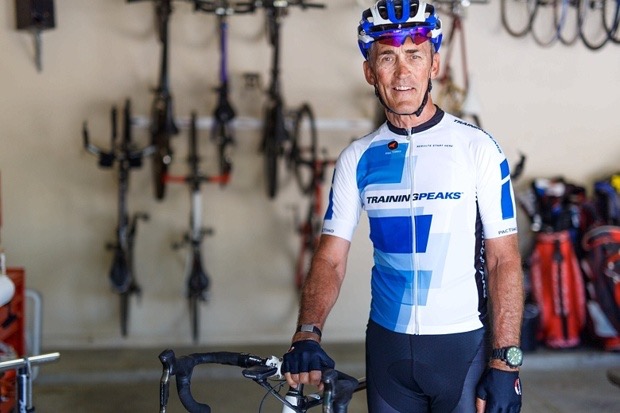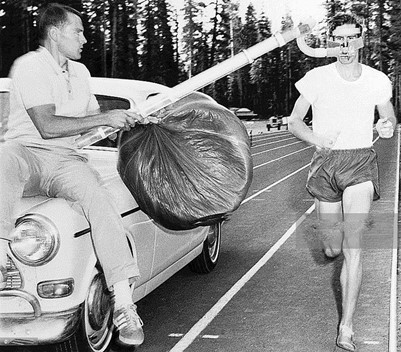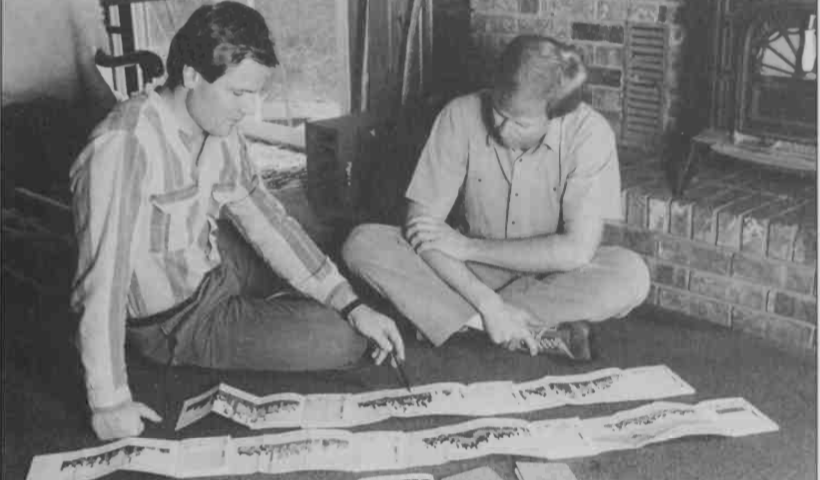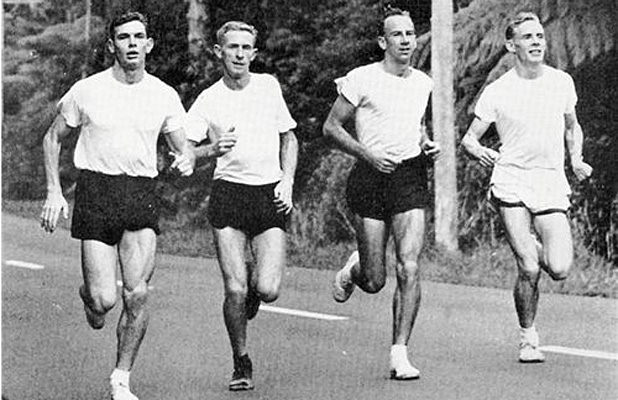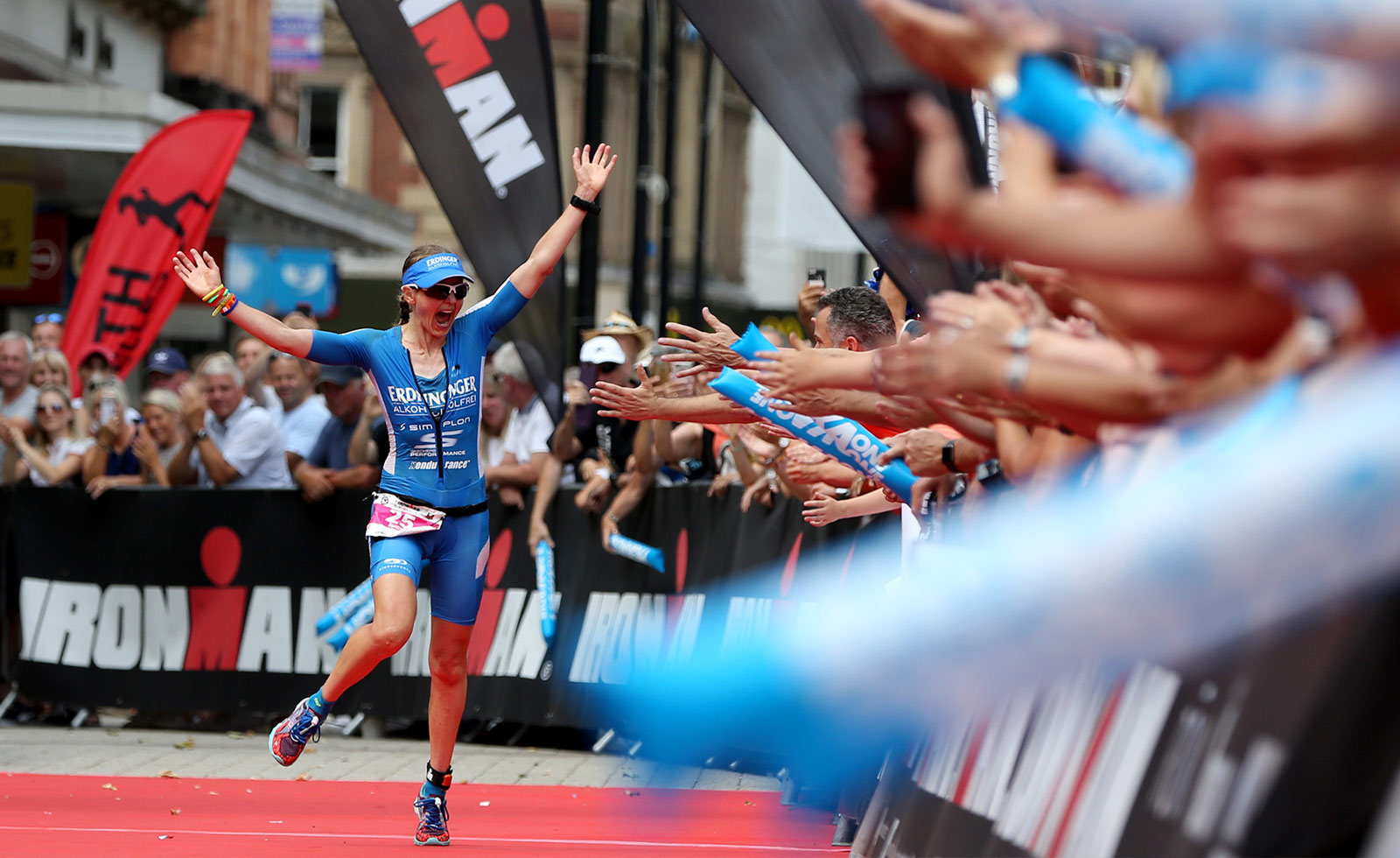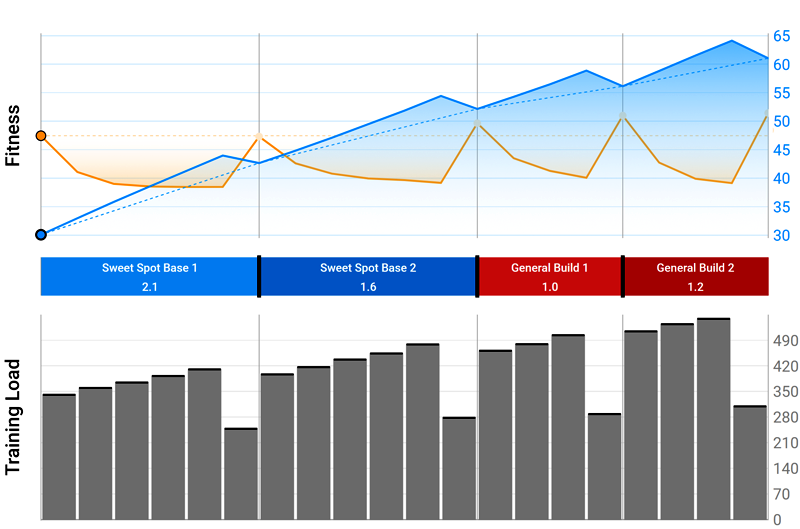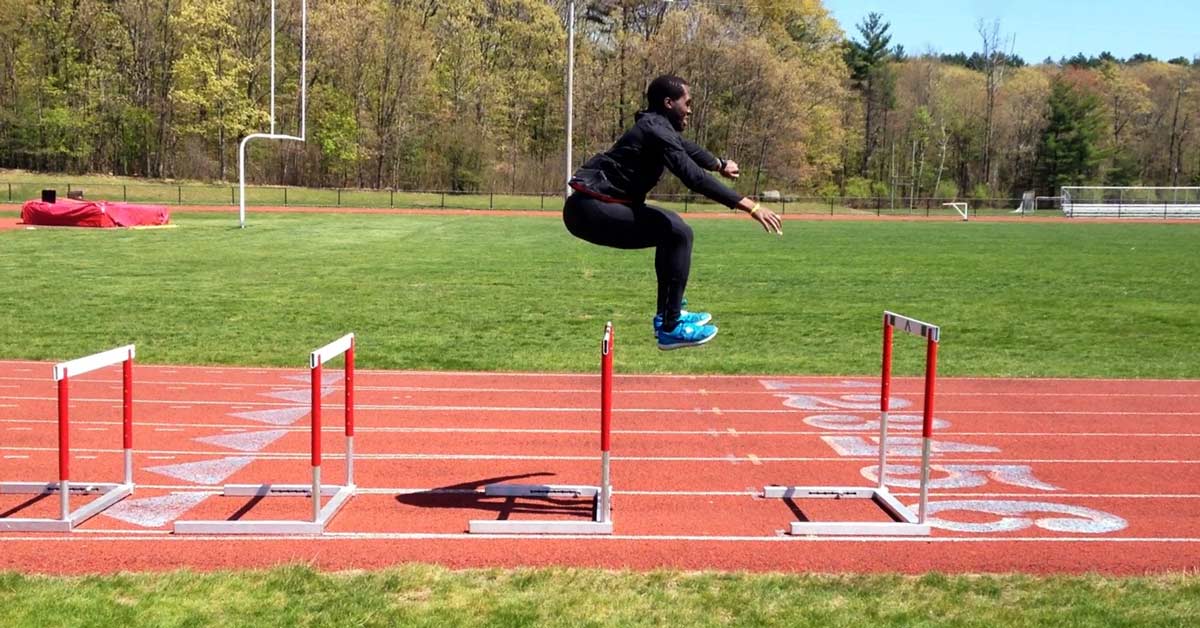Joe Friel’s Bible for Periodisation
Joe Friel is an elite level triathlon and cycling coach who has literally written the bible on training for both sports. He has a Master’s Degree in Exercise Science and has coached Olympian’s and Ironman champions.
Category: Training Methodology
Jack Daniels’ PhD, Formulaic Approach To Periodisation
Jack Daniels PhD, is an iconic American Running coach, whose successful series of books Daniels’ Running Formula now in its Fourth edition has become my bible when planning or periodising an athletes season. Jack Daniels competed and medalled at both the Melbourne and Rome Olympic Games in 1956 and 1960 respectively, as well as being named the World’s Best Coach by Runner’s World. The overriding philosophy of the Daniels’ Running Formula is establishing intensities using the V-Dot system, this article will brush over that with the focus being on how he periodises or structures a season plan into different phases.
View More Jack Daniels’ PhD, Formulaic Approach To PeriodisationRob Sleamaker’s SERIOUS Periodisation
Rob Sleamaker is a sports physiologist with a Masters of Science (MS) degree who developed his SERIOUS Training System back in the 1980’s. This is more holistic approach to training, where his overview targets, not just Physical Preparation, but also Technique, Nutrition, Equipment and Mental Skills to develop overall Optimal Performance. The focus of this article is on Sleamaker’s physical preparation concepts in particular how he periodised his seasons.
View More Rob Sleamaker’s SERIOUS PeriodisationPeriodisation The Lydiard Way
Arthur Lydiard was the fore-father of periodisation in run training. He developed his own methodologies in the 1950’s and 60’s that lead to his athletes winning a range of Olympic medals from the 800m through to the marathon with Murray Halberg, Peter Snell, Barry Magee and John Davies. Arthur’s methodology is often misquoted or interpreted wrong. He was well known for long runs for ALL his athletes and this is what he is most often remembered for, but he was equally insistent on speed work. Let’s have a look at his methodology.
View More Periodisation The Lydiard WayThe Smaller the Base, The Smaller the Peak: How to Get the Most Out of Your Aerobic Base
Building fitness requires a combination of a number of different fitness elements. Depending on the nature of the event you are training will determine how much of each different element. But one thing remains the same, the bigger you build your base fitness the higher your peak can be. If you scrimp on the base training, your peak fitness will be compromised. Speed-work is essential for developing your peak fitness, but unless you are building it on a foundation of base training it’ll never be as high as your physical potential will allow.
View More The Smaller the Base, The Smaller the Peak: How to Get the Most Out of Your Aerobic BaseHow To Put Structure, Routine and Consistency In Your Training
How hasn’t struggled with putting consistency in their training? It’s easy to defer things, leave your training for later, hit that snooze button, prioritise other aspects of your life above your training…… or the classic I can’t really be bothered today, or convince yourself that you are tired, ill or injured and a rest will be the best option for you. These are all my excuses, reasons and justifications, what are yours?
Here are some simple ways to put that Structure, Routine and Consistency back into your training.
Science on Sunday: Personal Best Times in an Olympic Distance Triathlon and a Marathon Predict an Ironman Race Time for Recreational Female Triathletes
When an athlete hasn’t done an Ironman event previously what time do you think they can do? Tough questions because they have never done the event before (often they haven’t done something similar) and are stepping into the great unknown. Rüst et al has attempted to answer this for female athletes (who make the bulk of Qwik Kiwi athletes).
View More Science on Sunday: Personal Best Times in an Olympic Distance Triathlon and a Marathon Predict an Ironman Race Time for Recreational Female TriathletesScience on Sunday: Effectiveness of Reverse vs. Traditional Linear Training Periodization in Triathlon
Traditionally periodisation (I use the English spelling of Periodisation in the article but when I’m quoting or referencing the original article I’m using the American spelling of the authors) for endurance athletes follows a linear type approach with the introduction of volume over time with intensity added later into the programme. I thought this would be an interesting article to look at the different approaches and the results.
View More Science on Sunday: Effectiveness of Reverse vs. Traditional Linear Training Periodization in TriathlonScience on Sunday: The Effect of Plyometric Training on Distance Running Performance
It is well known that VO2 max is a critical component in determining the ability of a runner, but Running Economy (RE) is equally as important and this has been shown many times before. The more economical you are the less energy you expend to run at any given pace. It has been hypothesised that plyometric training can improve your Running Economy (RE).
View More Science on Sunday: The Effect of Plyometric Training on Distance Running PerformanceScience on Sunday: Monitoring Overtraining in Athletes
Overtraining is a common issue with Endurance Athletes. In an attempt to get better, athletes train harder and/or longer, but not necessarily more beneficial. This is a summary of an article by Sue Hooper and Laurel Mackinnon in the journal Sports Medicine.
View More Science on Sunday: Monitoring Overtraining in Athletes